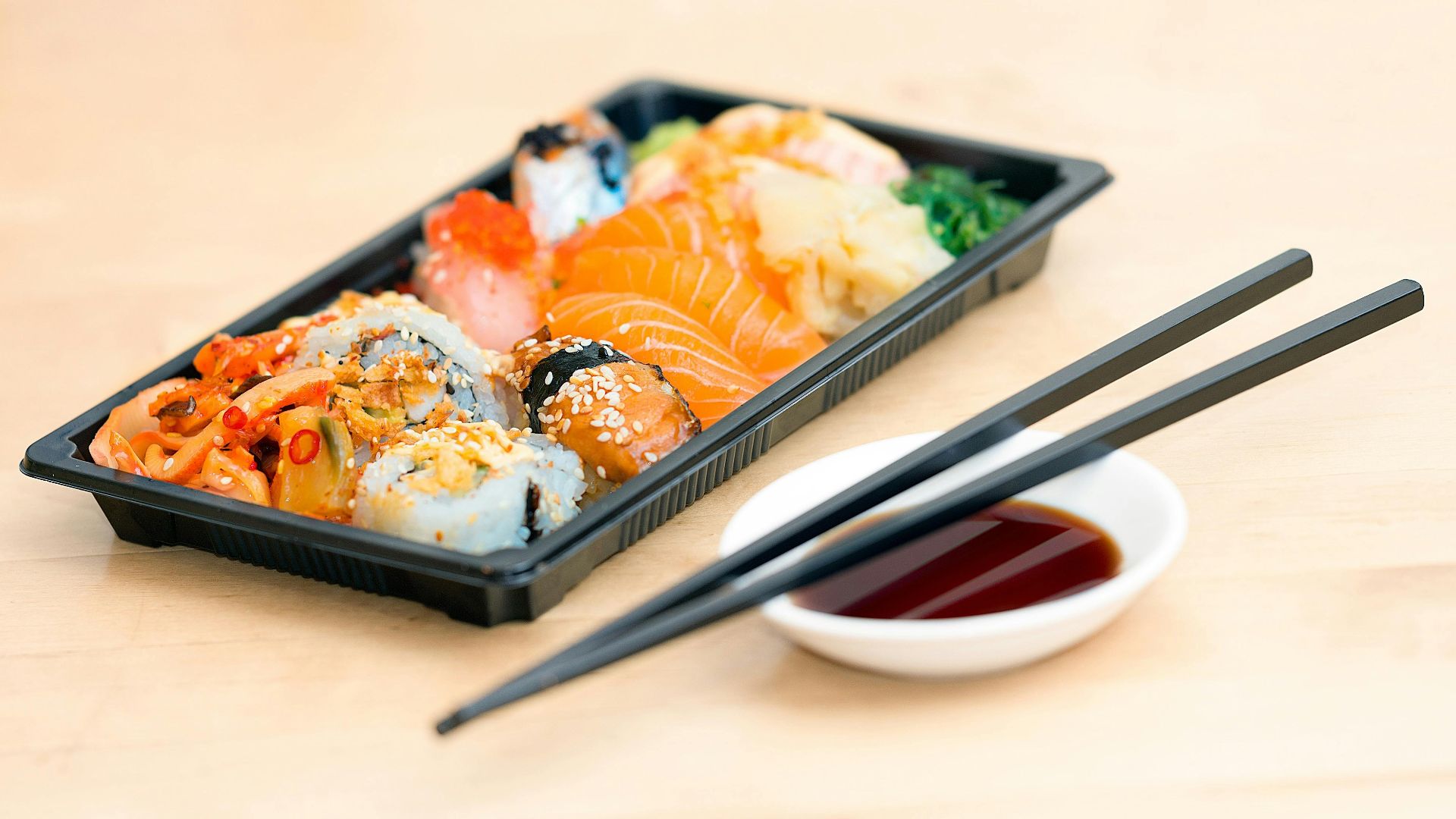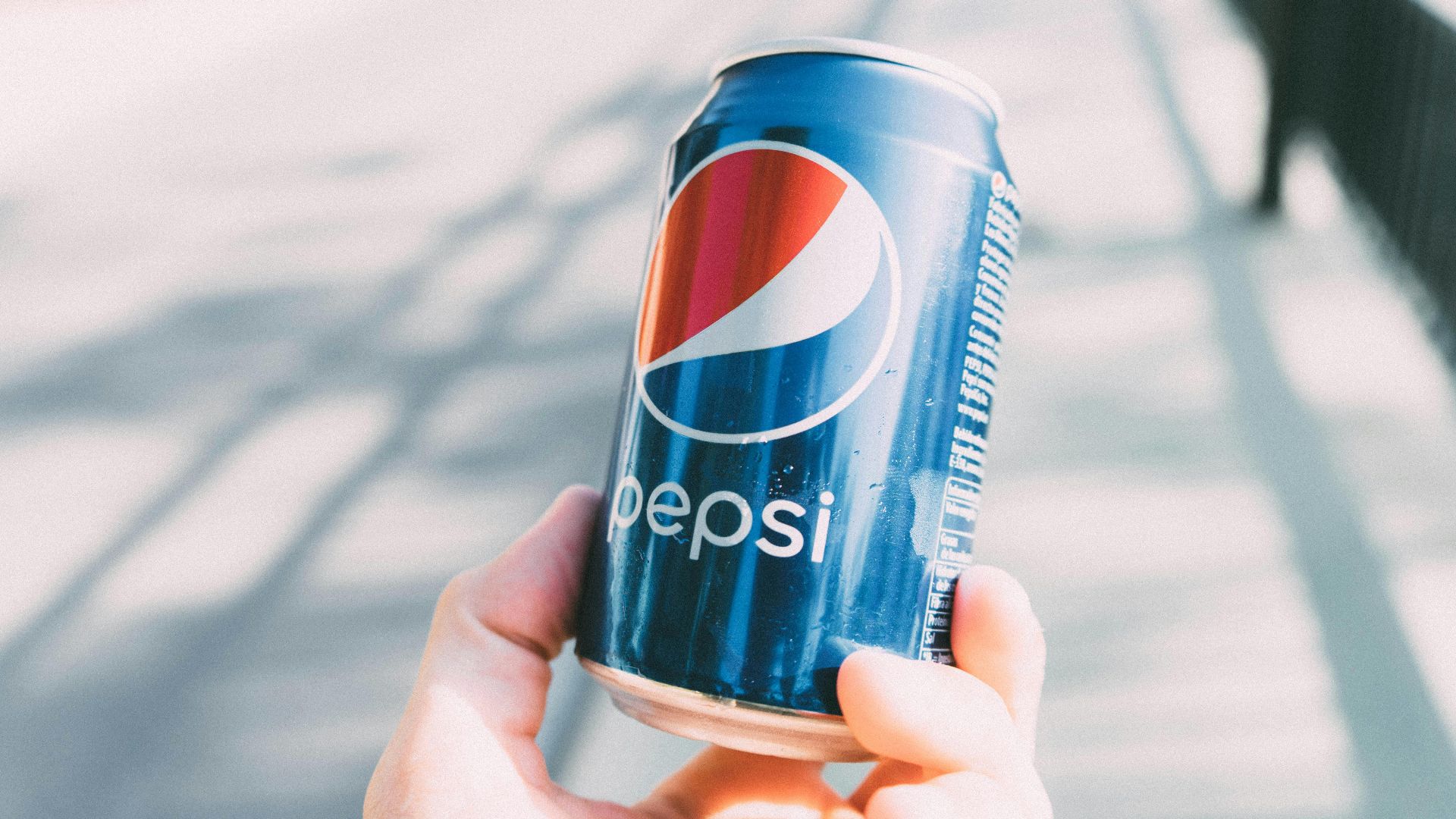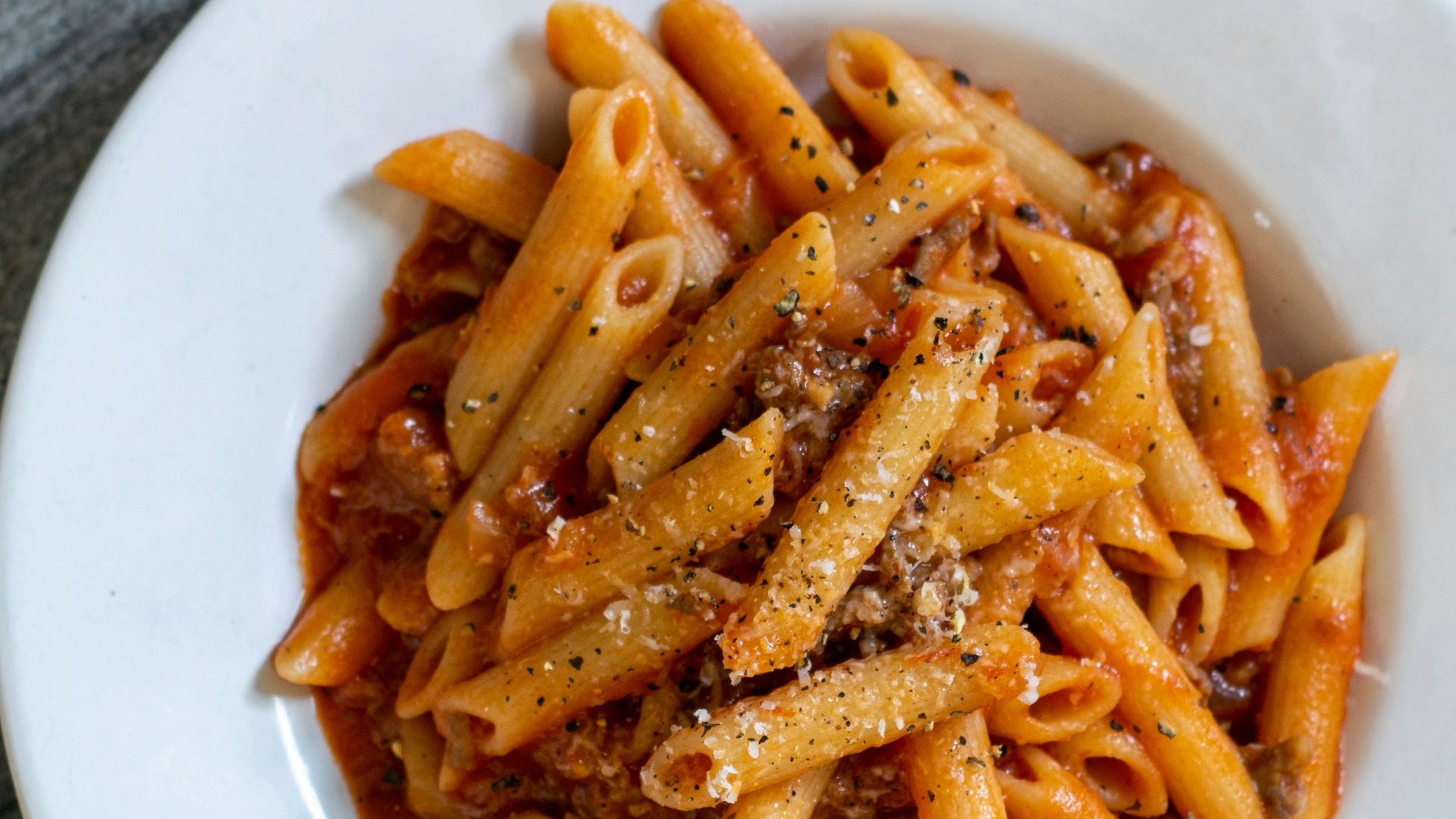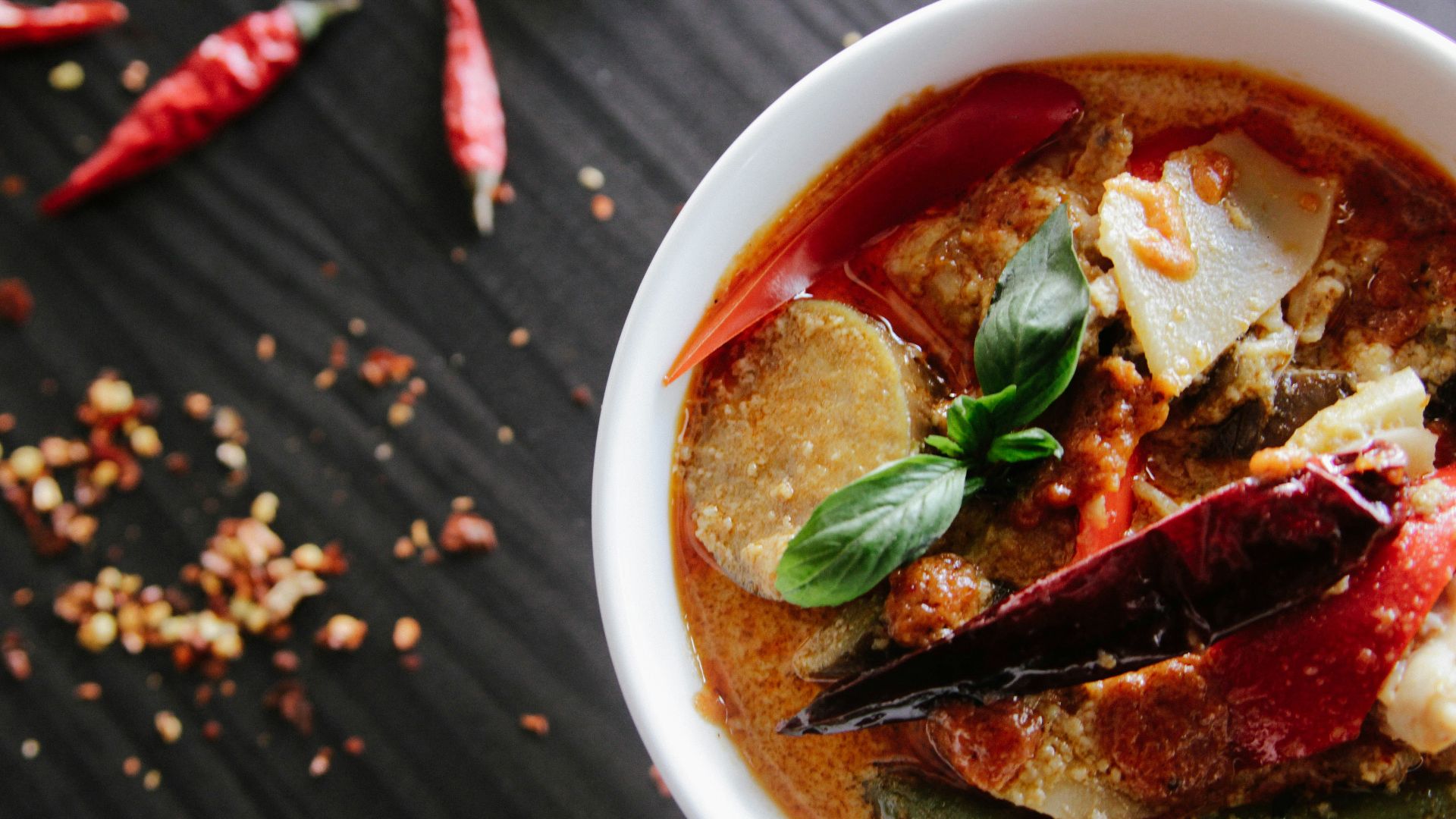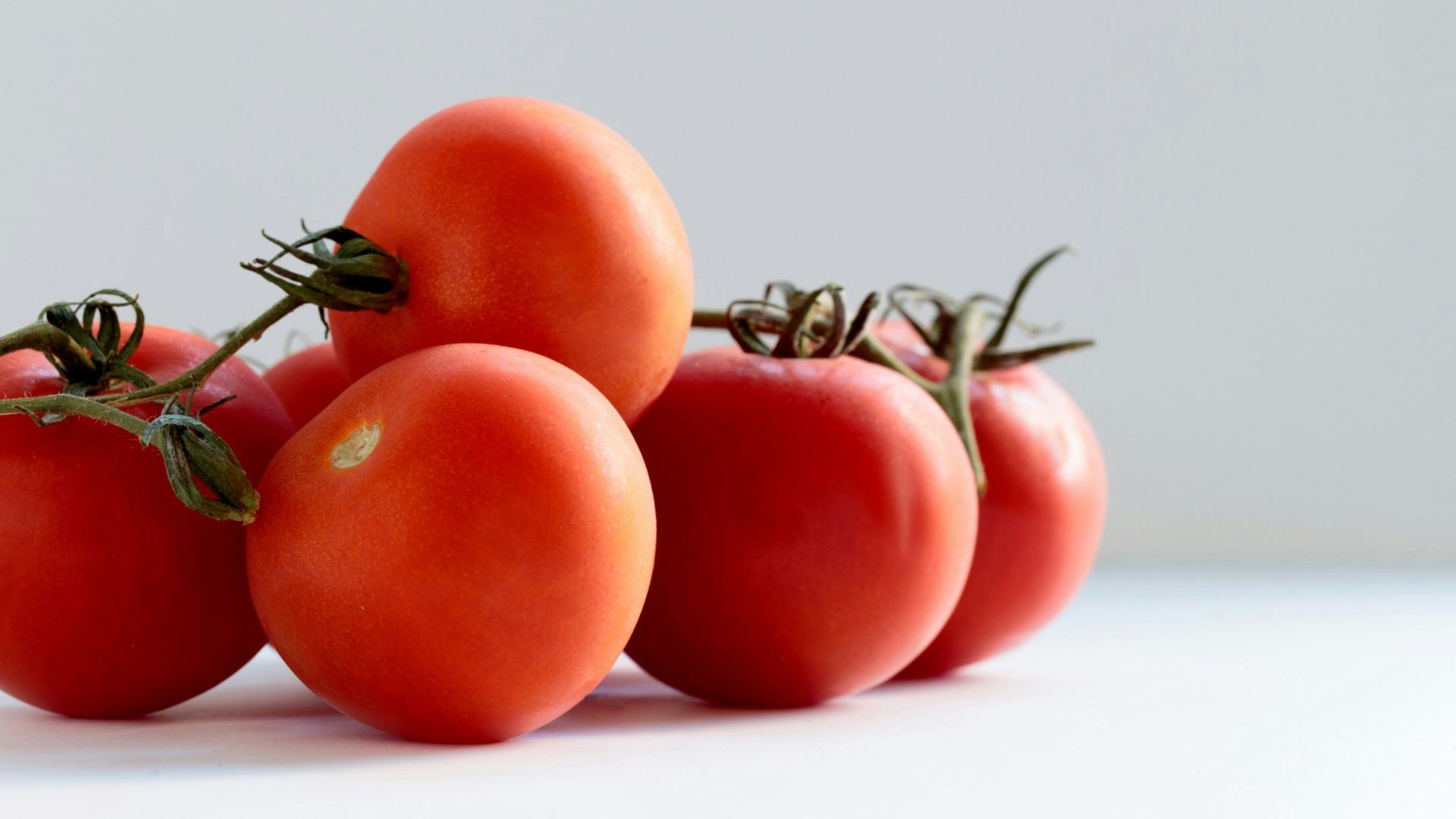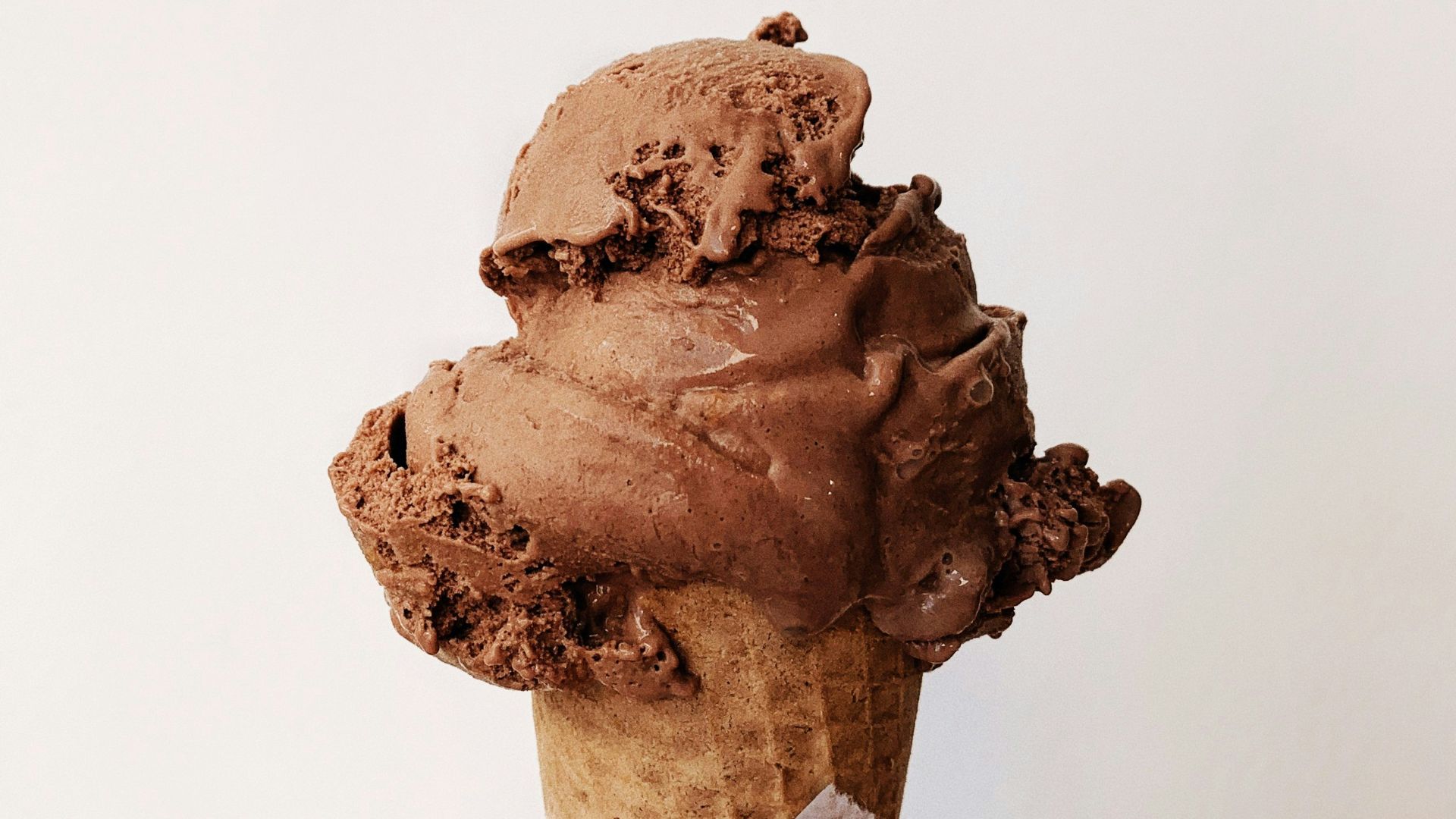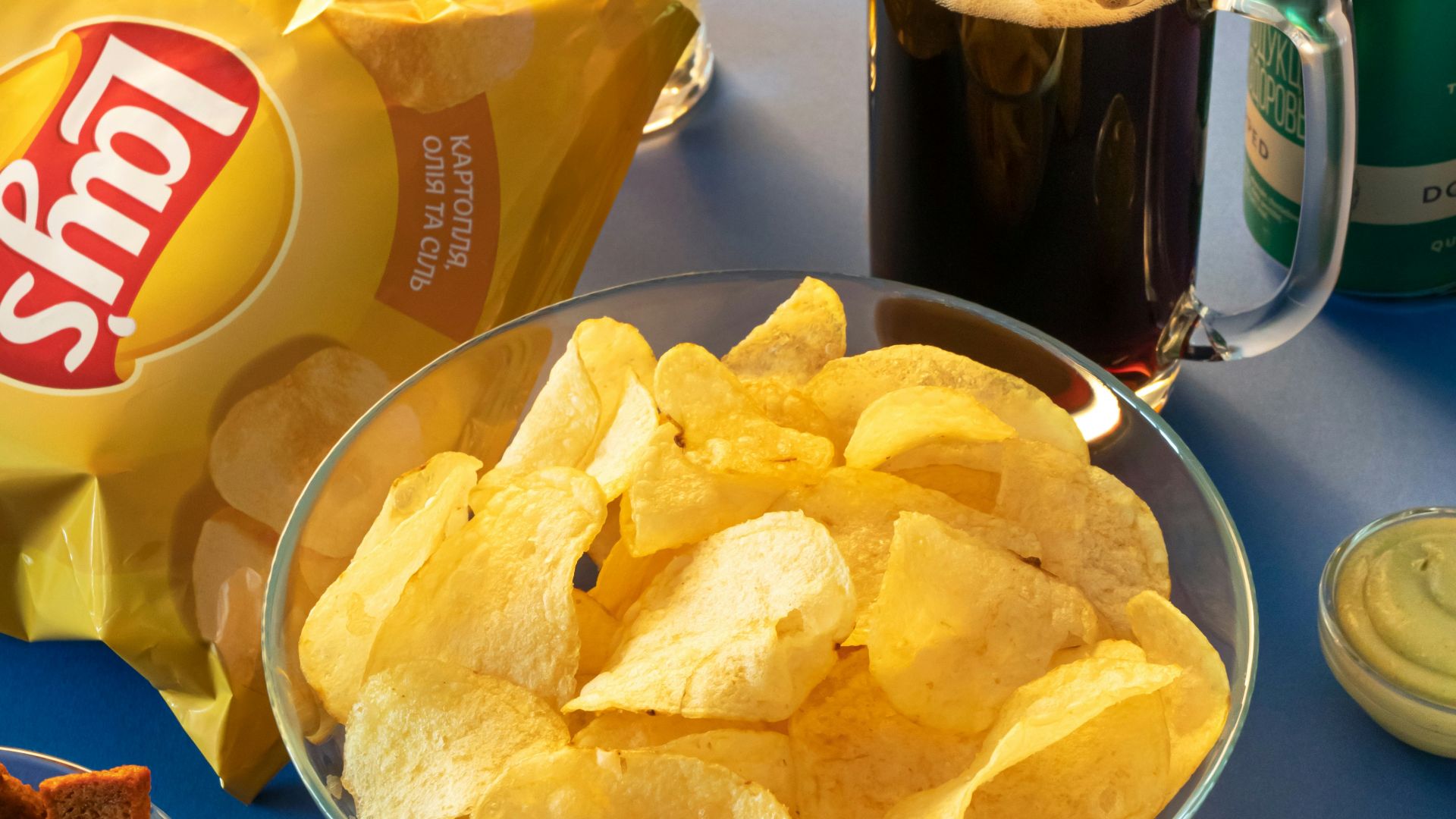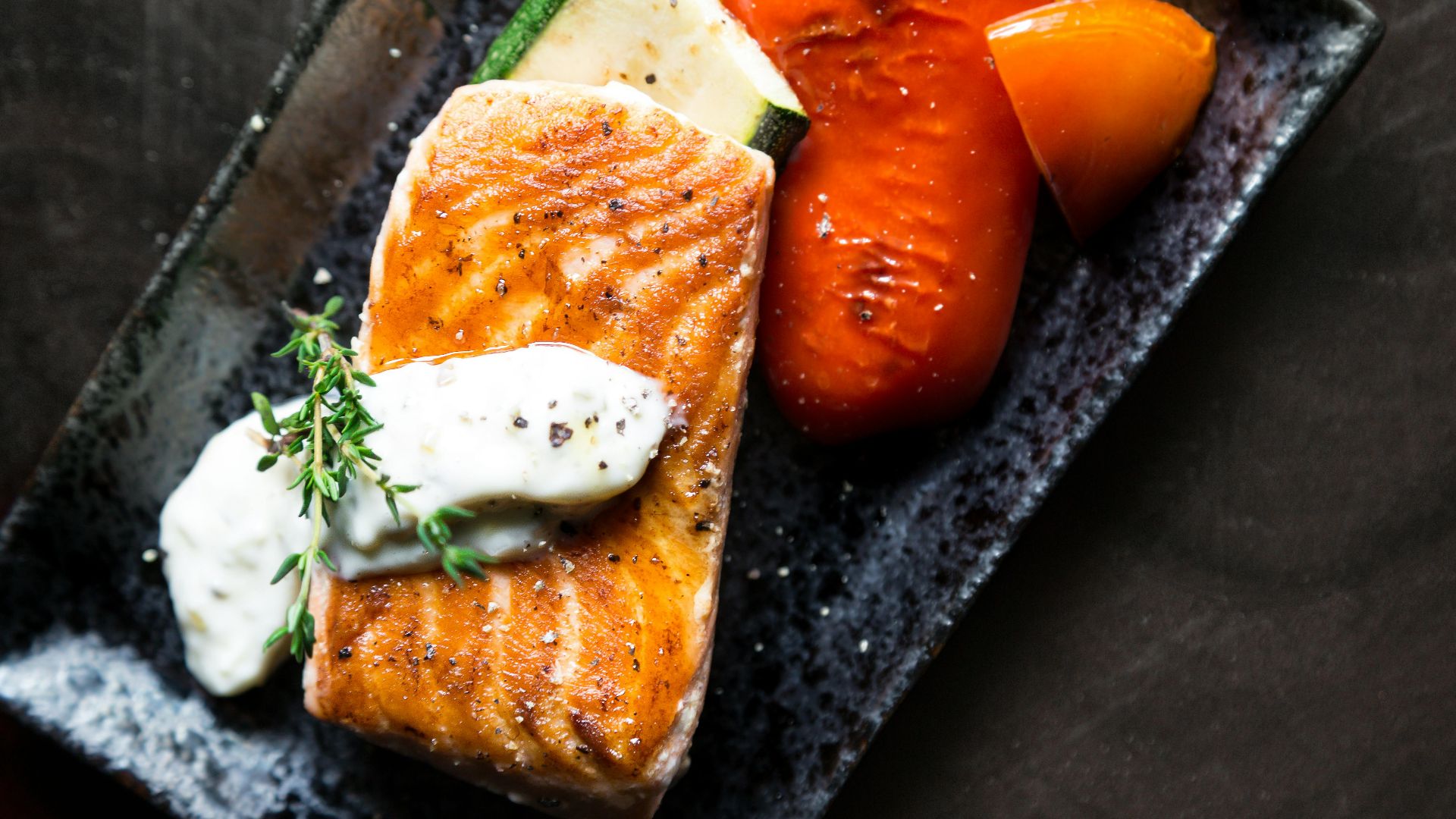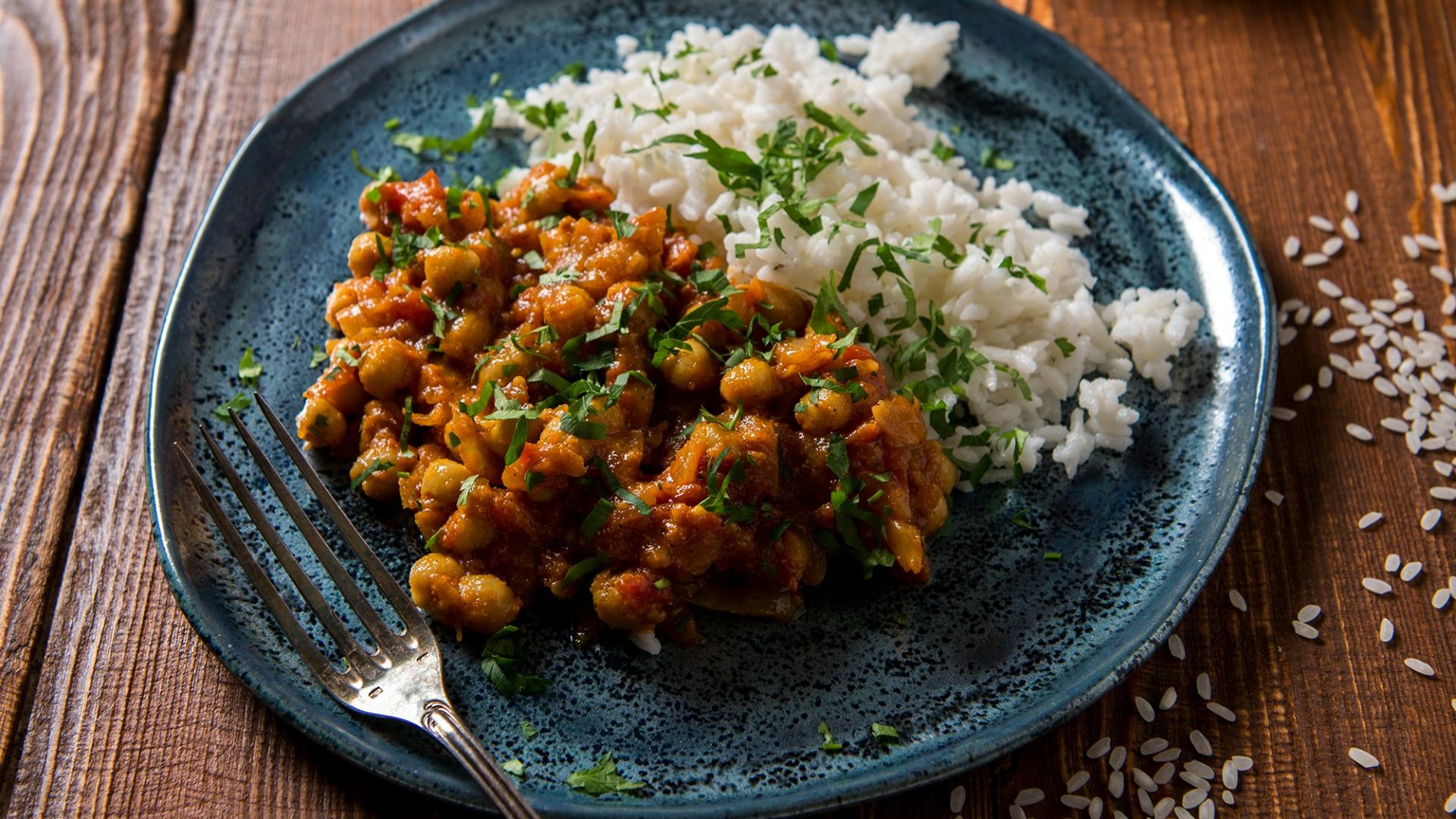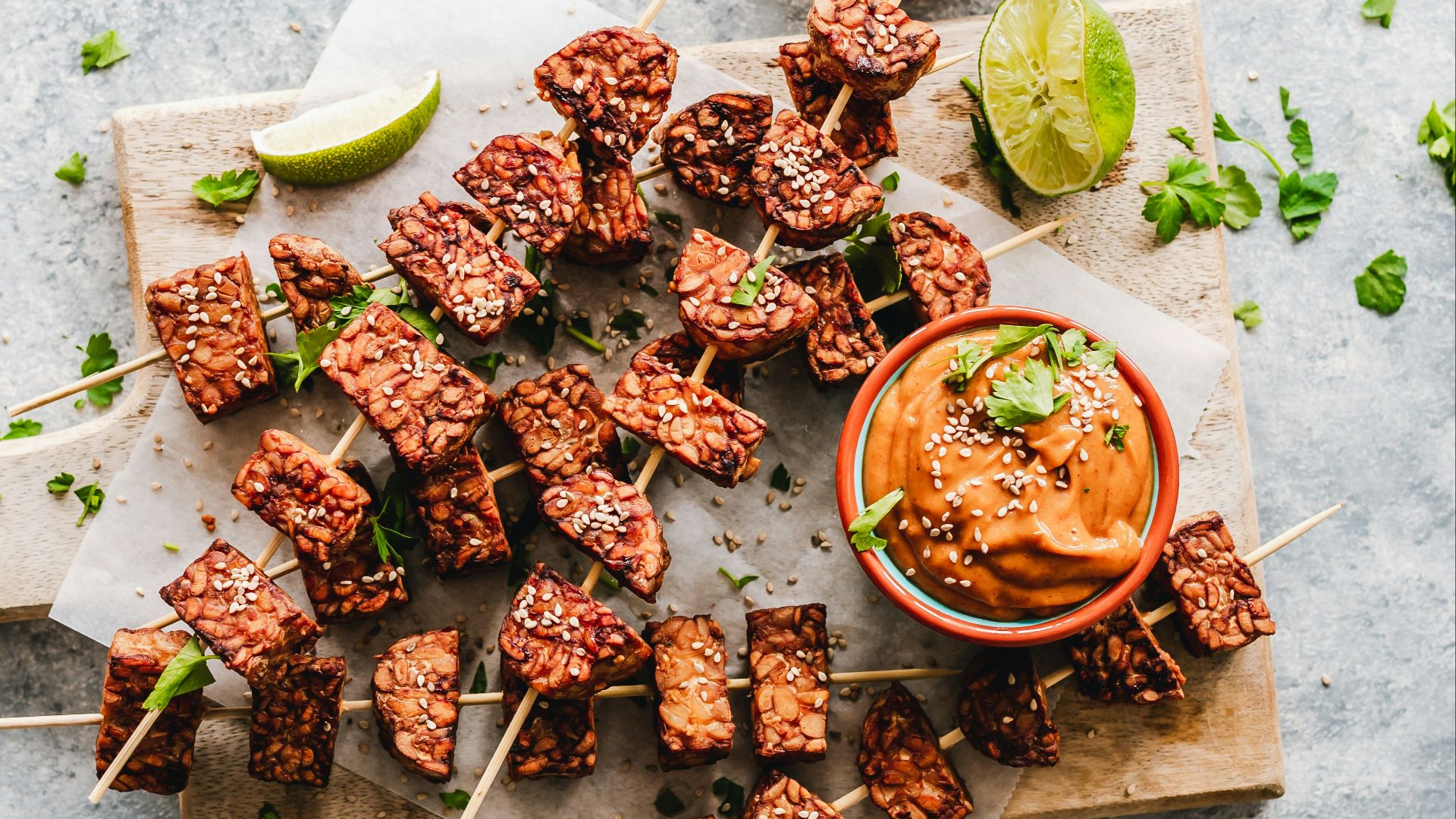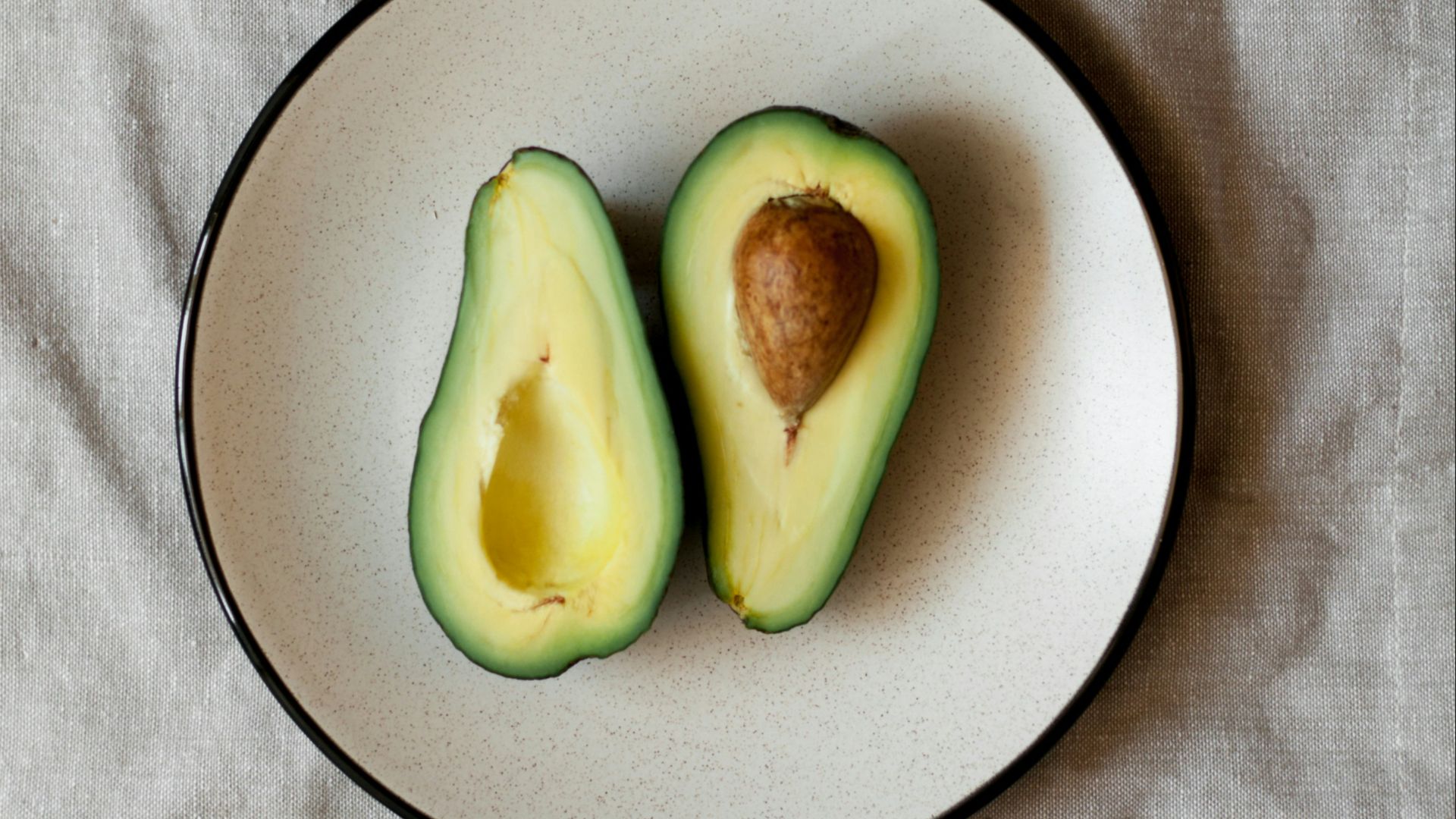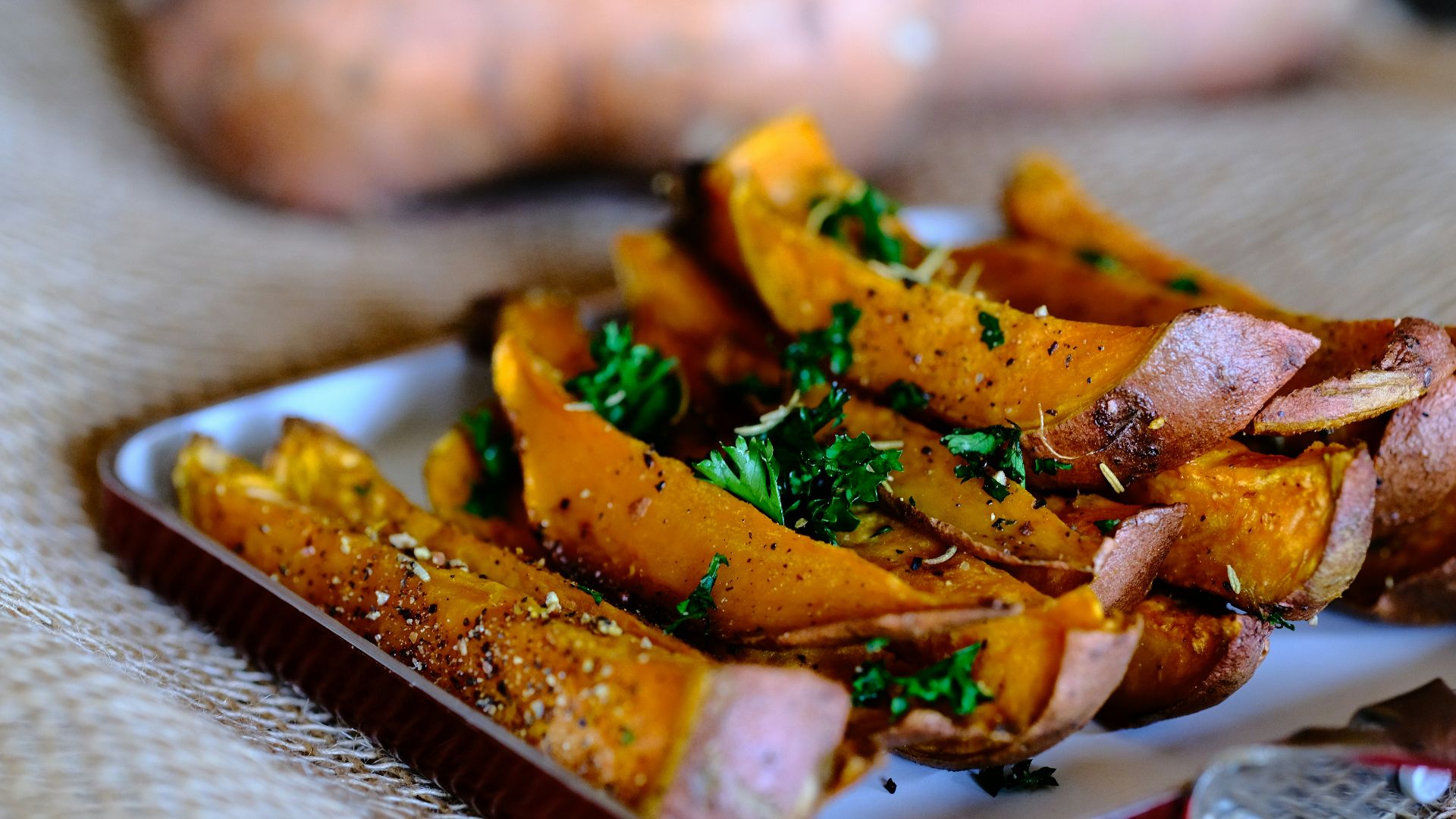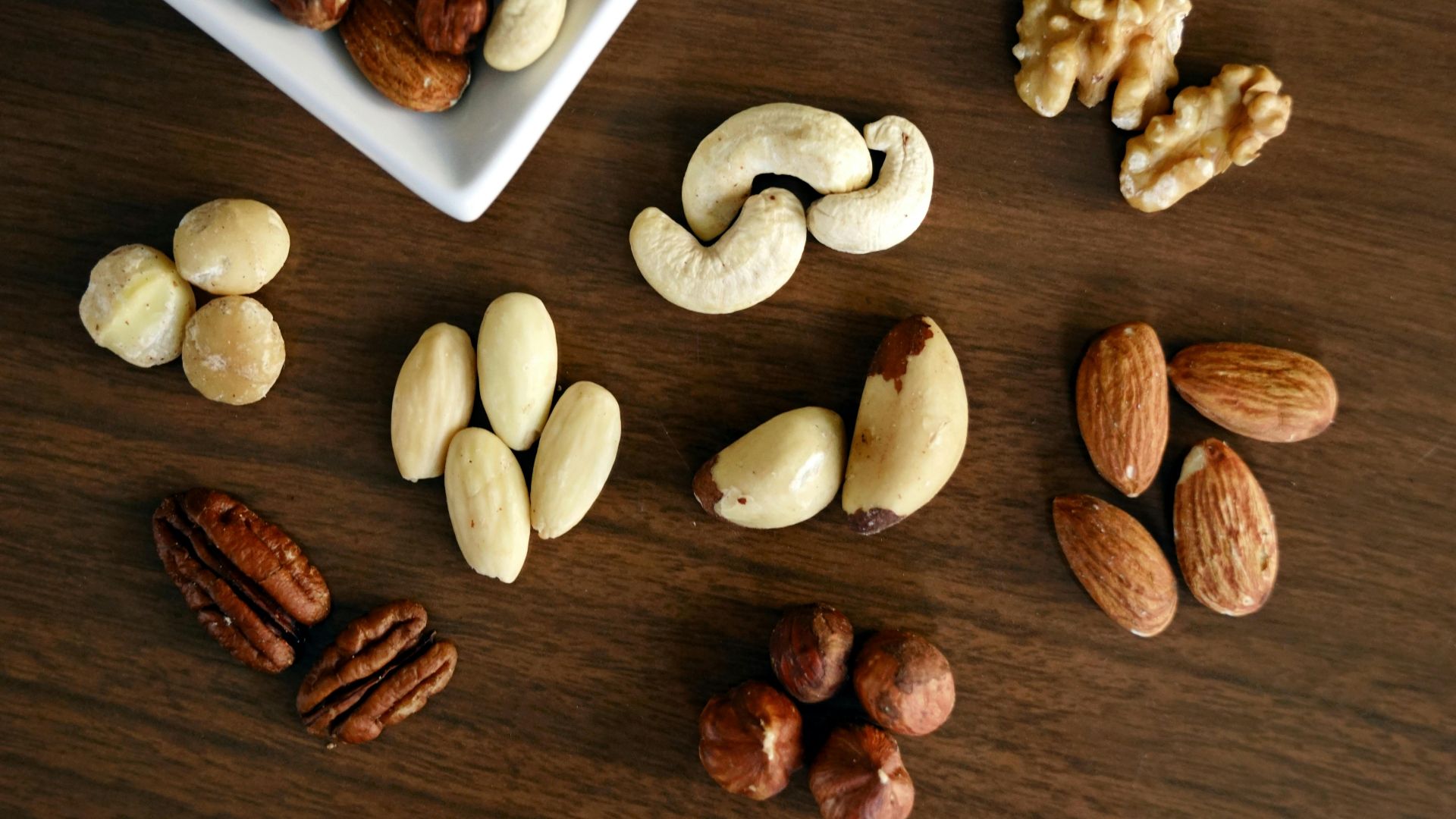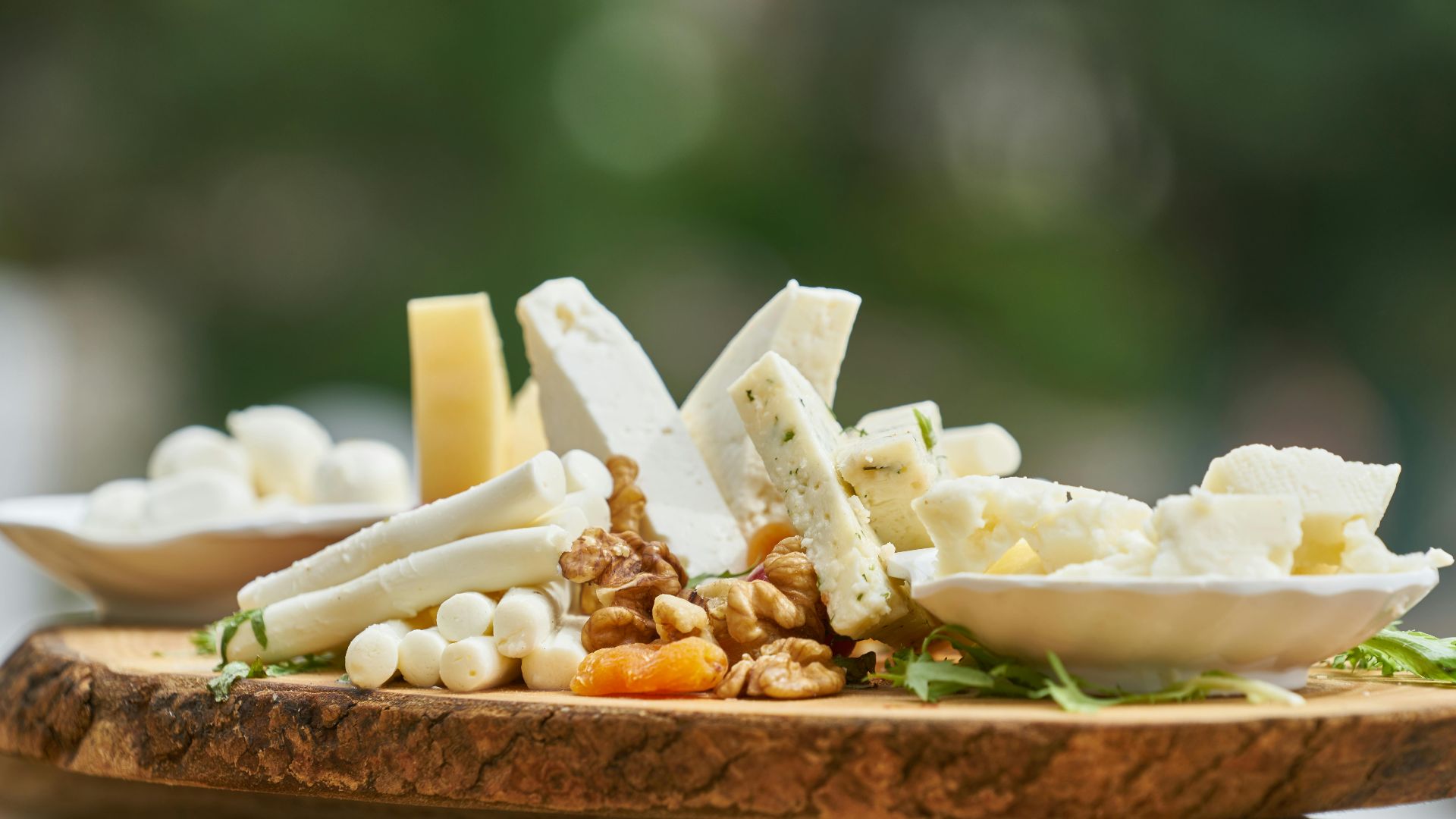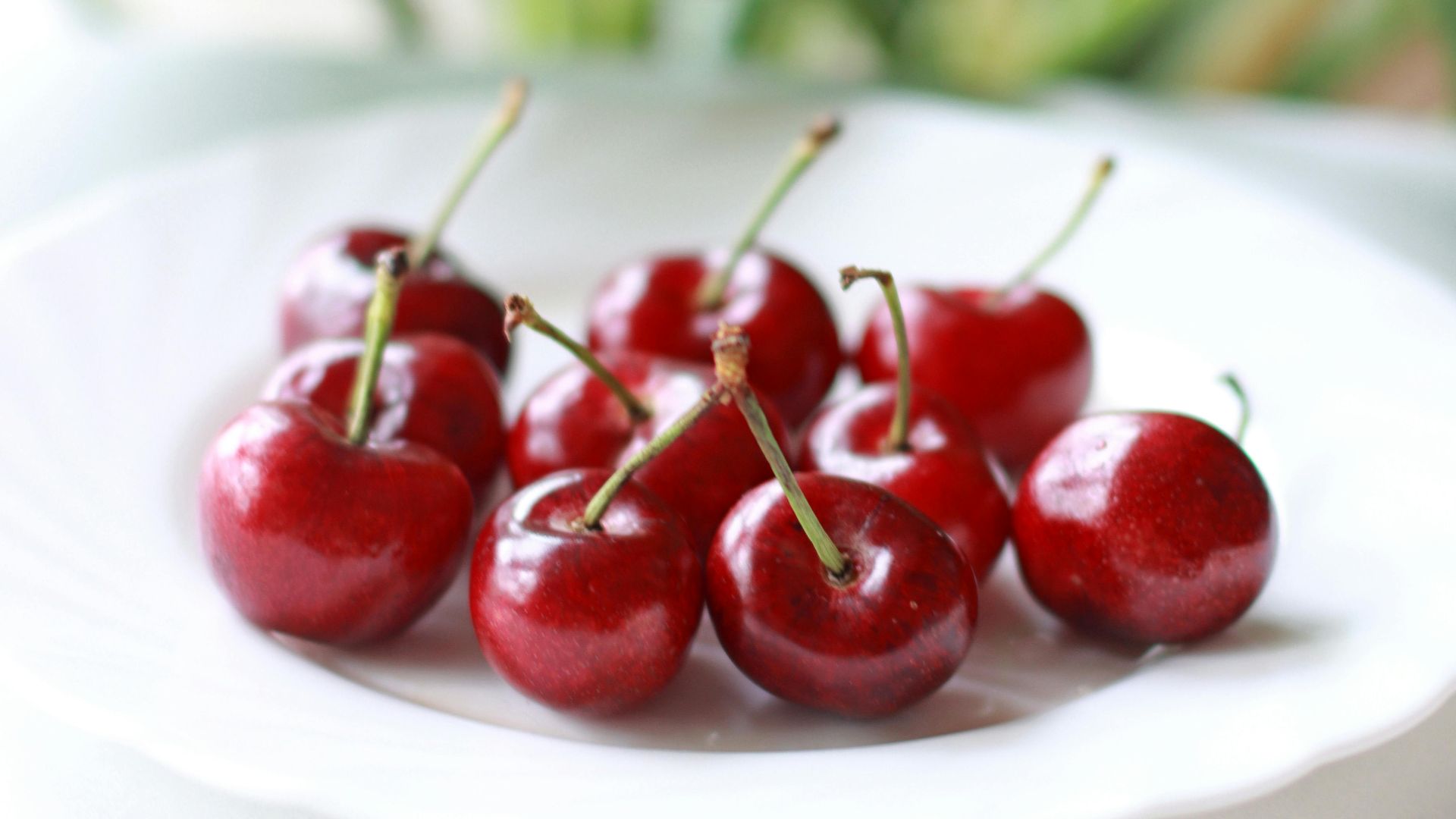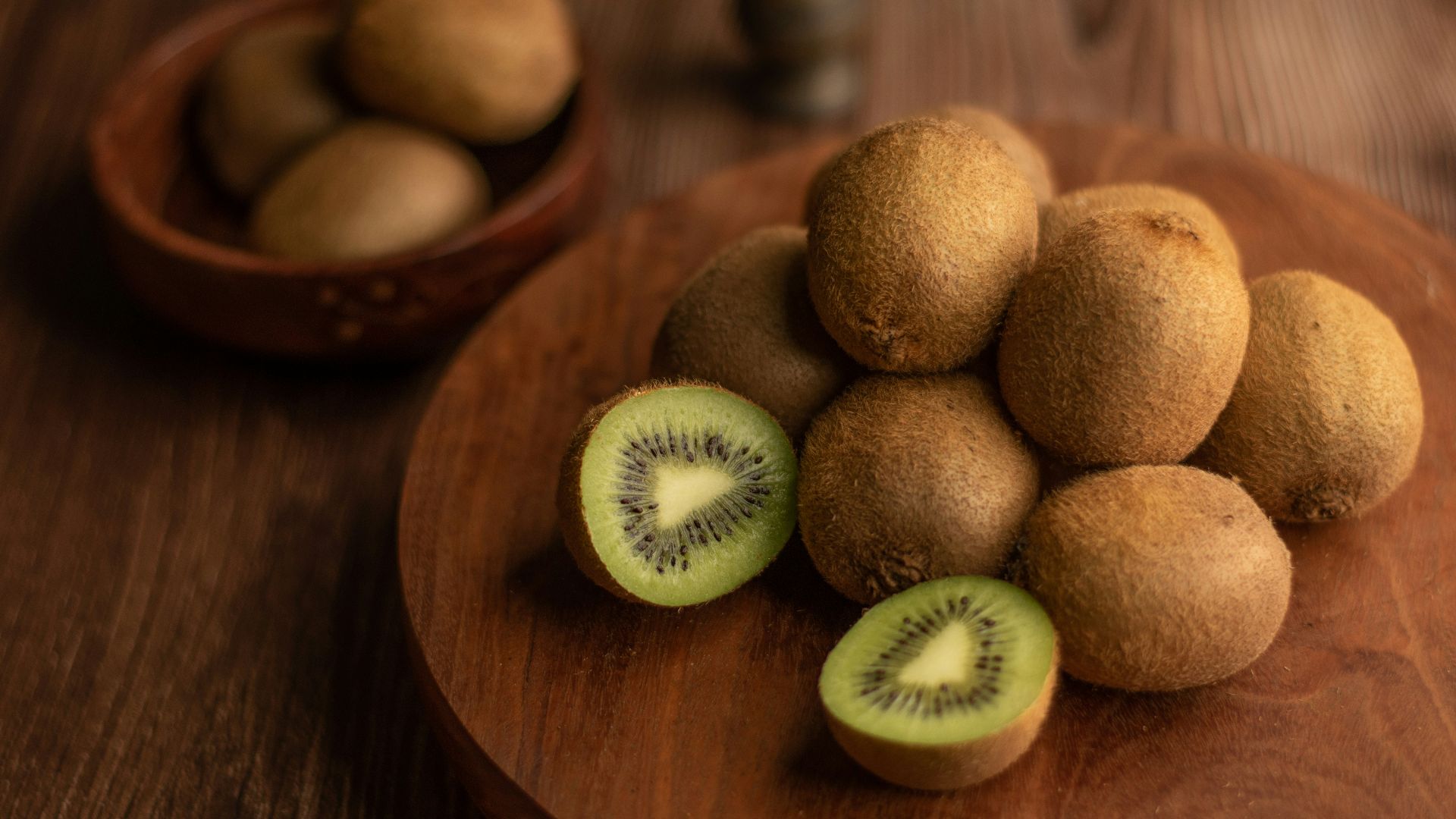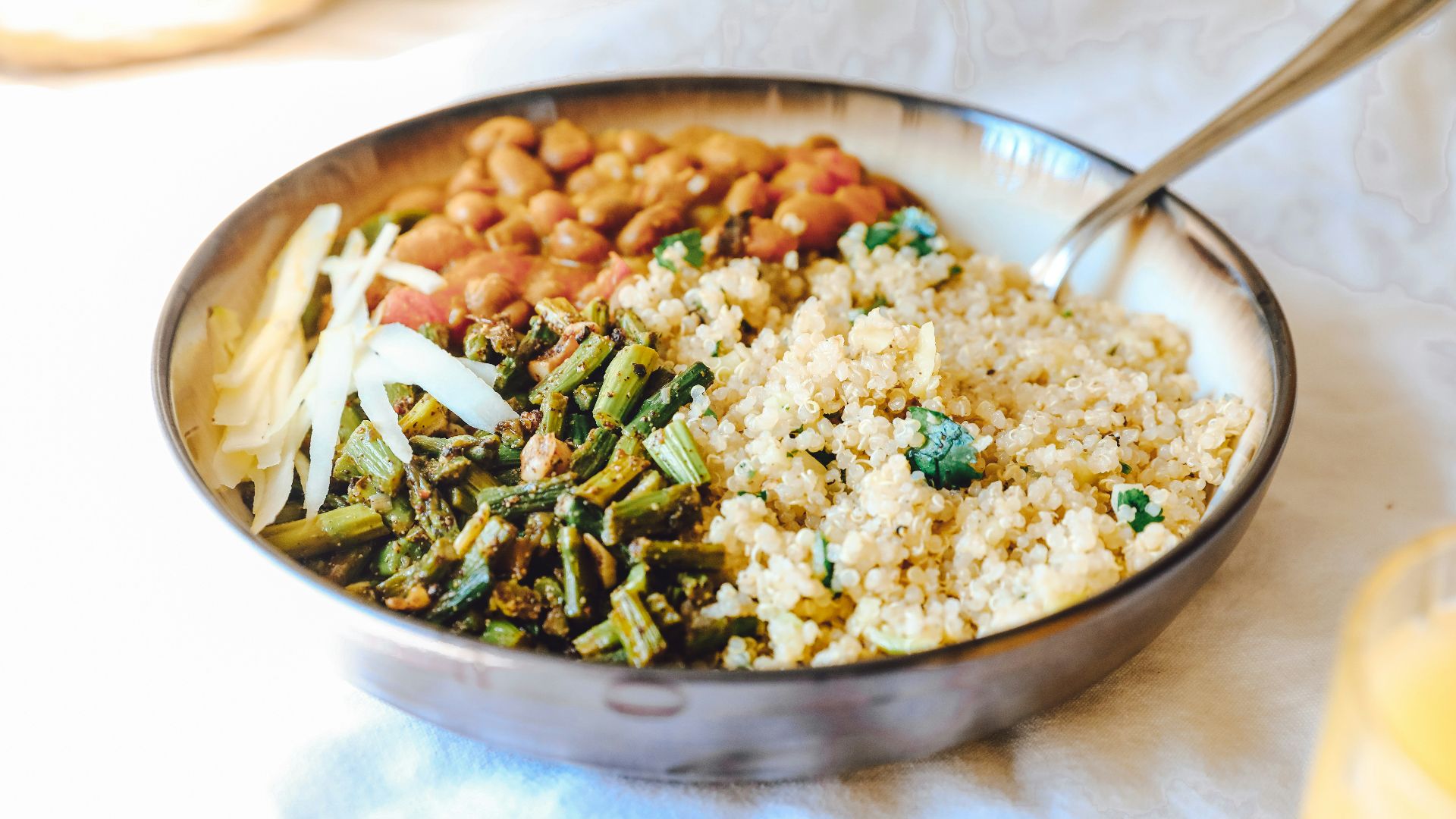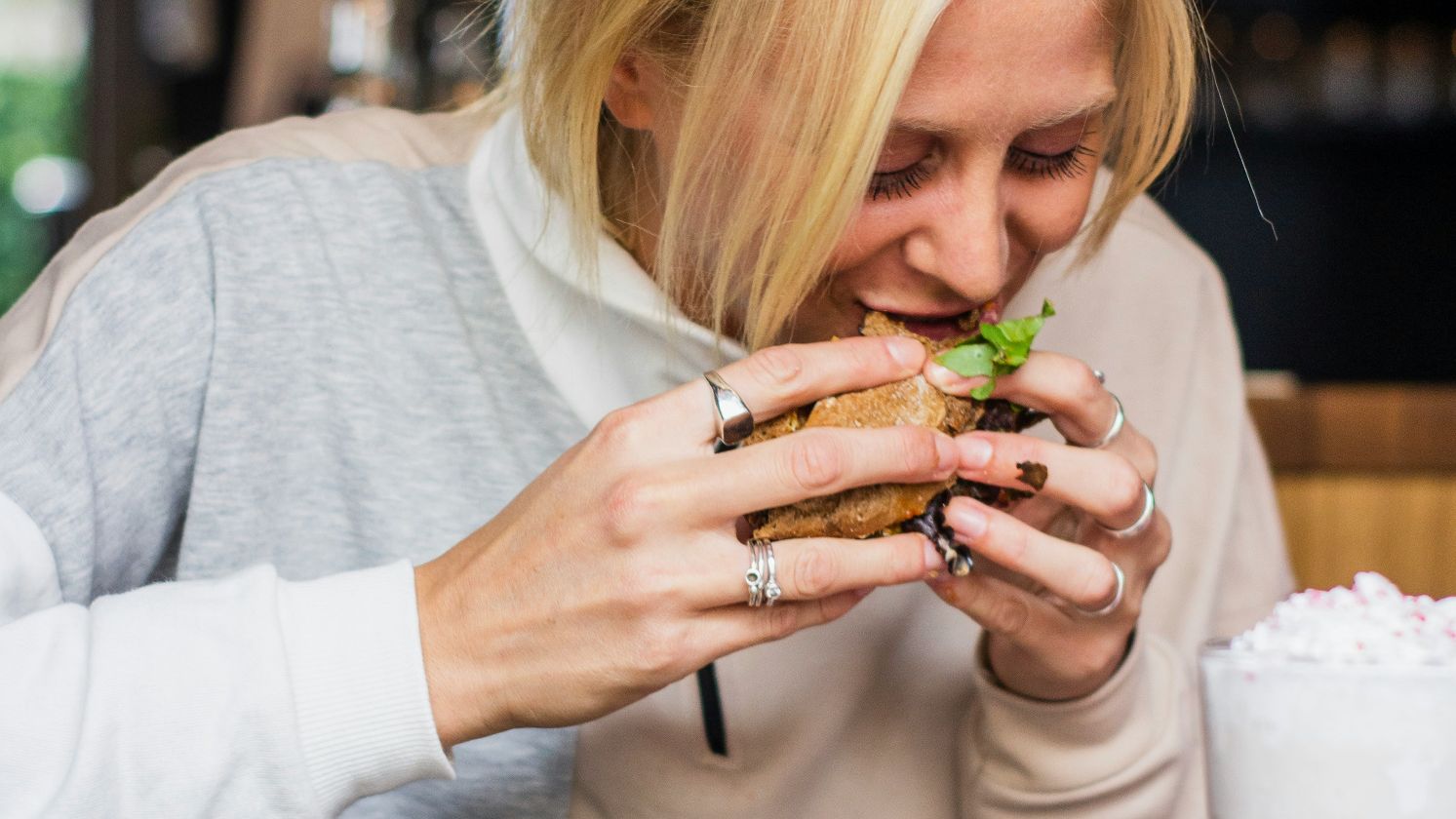What's on the Menu for Dinner?
It's 5 PM and you're ready for dinner. Your mind drifts to pizza, pasta, or maybe fast food, like burgers and fries. But while these picks might hit the spot in the moment, you might regret your choices later in the evening, when you're left feeling bloated, heavy, or even jittery. As it turns out, there are foods you shouldn't eat for dinner—and you just might be making the wrong call more often than you think.
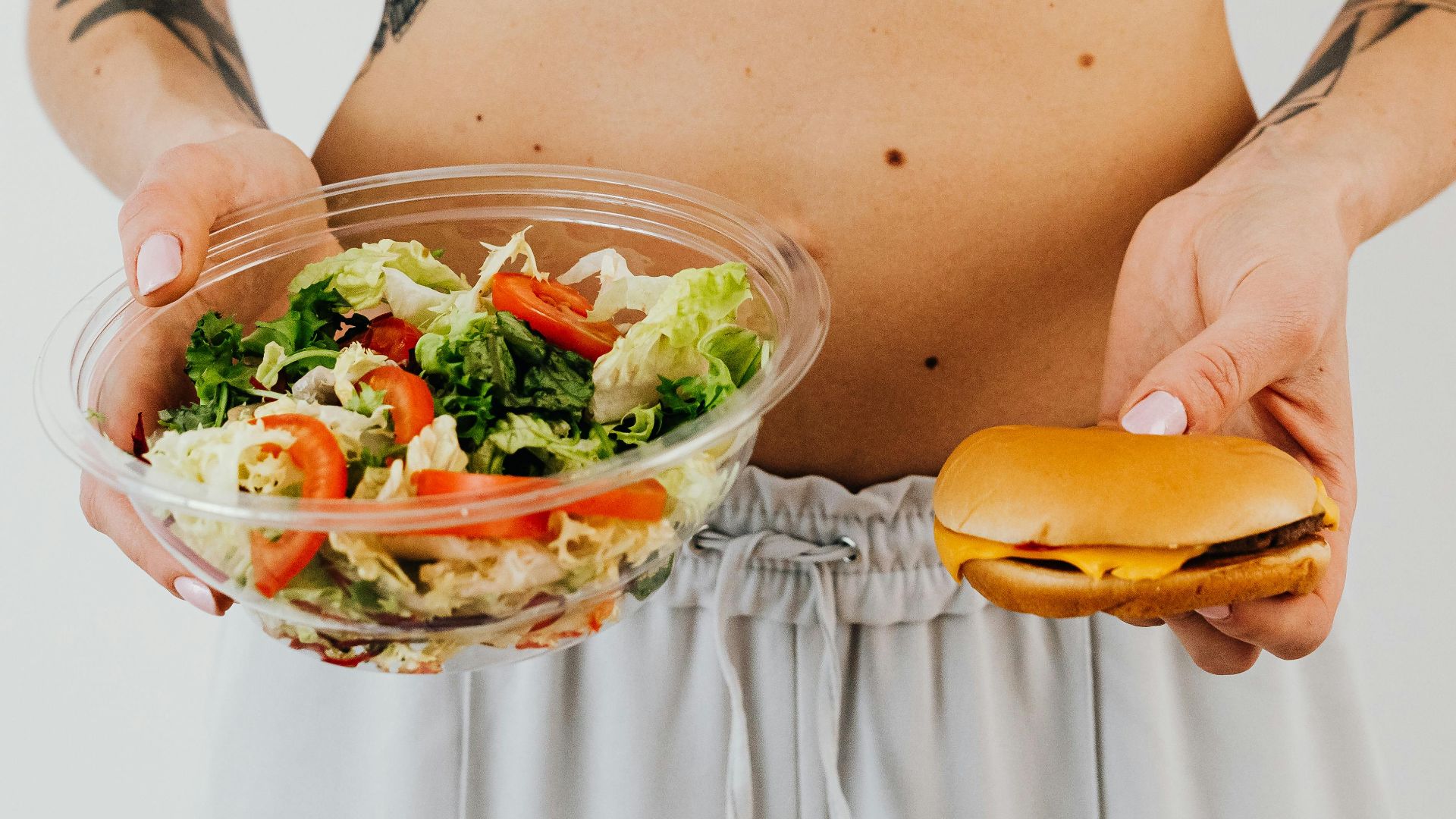 Photo By: Kaboompics.com on Pexels
Photo By: Kaboompics.com on Pexels
1. Fried Foods
It should probably go without saying, but gorging on fatty deep-fried foods for dinner isn't the way to go. Whether it's French fries, breaded fish, mozzarella sticks, or fried chicken, the extra time and effort it takes for your gut to digest these foods will likely cause stomachaches or general discomfort.
2. Salty Foods
You probably don't often realize just how salty the foods you're consuming are, and with options like pizza, cold cuts, or sushi on the table, you're likely keen to dig in without a concern. But too much sodium can cause temporary spikes in blood pressure and make your body hold onto more water. As the evening shifts into your bedtime, you might experience indigestion—or need to make multiple trips to the bathroom.
3. Caffeinated Beverages
While a cup of Joe is often reserved for the early hours of the morning, it's not only coffee and tea that you should be worried about, but sodas and energy drinks as well. Even sweets that contain caffeine, like chocolate, should be off the menu in the evening.
4. Refined Grains
We get it—sometimes, it's hard to pass up on a plate of pasta or a slice of pizza. But choosing foods that are high in refined carbs for dinner isn't the best decision to make. Other than spiking your blood sugar levels, which can cause you to feel sluggish, you might also experience bloating and an upset stomach.
5. Spicy Foods
If you don't tolerate spice well, eating foods that are peppered with chilli flakes is more likely to do more harm than good (like satisfying your craving). For one, they could give you heartburn, raise your body temperature, and interfere with your sleep quality.
6. Acidic Foods
Citrus fruits, like oranges, lemons, and limes, as well as vegetables like tomatoes, should be avoided for dinner. Like spicy foods, their extreme acidity can cause heartburn and acid reflux, which can cause overall discomfort. If you still want to have your cake and eat it too, have dinner earlier in the evening to give your body more time to digest before bedtime.
7. Alcohol
Ah, who doesn't like their dinner paired with a glass of wine? While it's fine to drink in moderation, consuming alcohol too late in the evening (and too close to bedtime) can not only negatively impact your sleep but also lead to other serious health issues, like liver and cardiovascular disease.
8. Sweets
You might think having a plate of dessert post-dinner is a must, but it's probably better to lay off the sugar in the evening. Along with a high amount of refined carbs, that generous scoop of ice cream or thick slice of cake might mess up your metabolism, hike your blood sugar levels, and lead to eventual weight gain.
9. Certain Vegetables
Believe it or not, there are certain vegetables you shouldn't eat for dinner. While fiber-rich options like broccoli, onions, and cabbage seem like healthy picks, they might end up taking so long to digest that you feel bloated by the time you go to bed. Other greens that are high in water content, like cucumbers and celery, may increase your need to use the bathroom during the night.
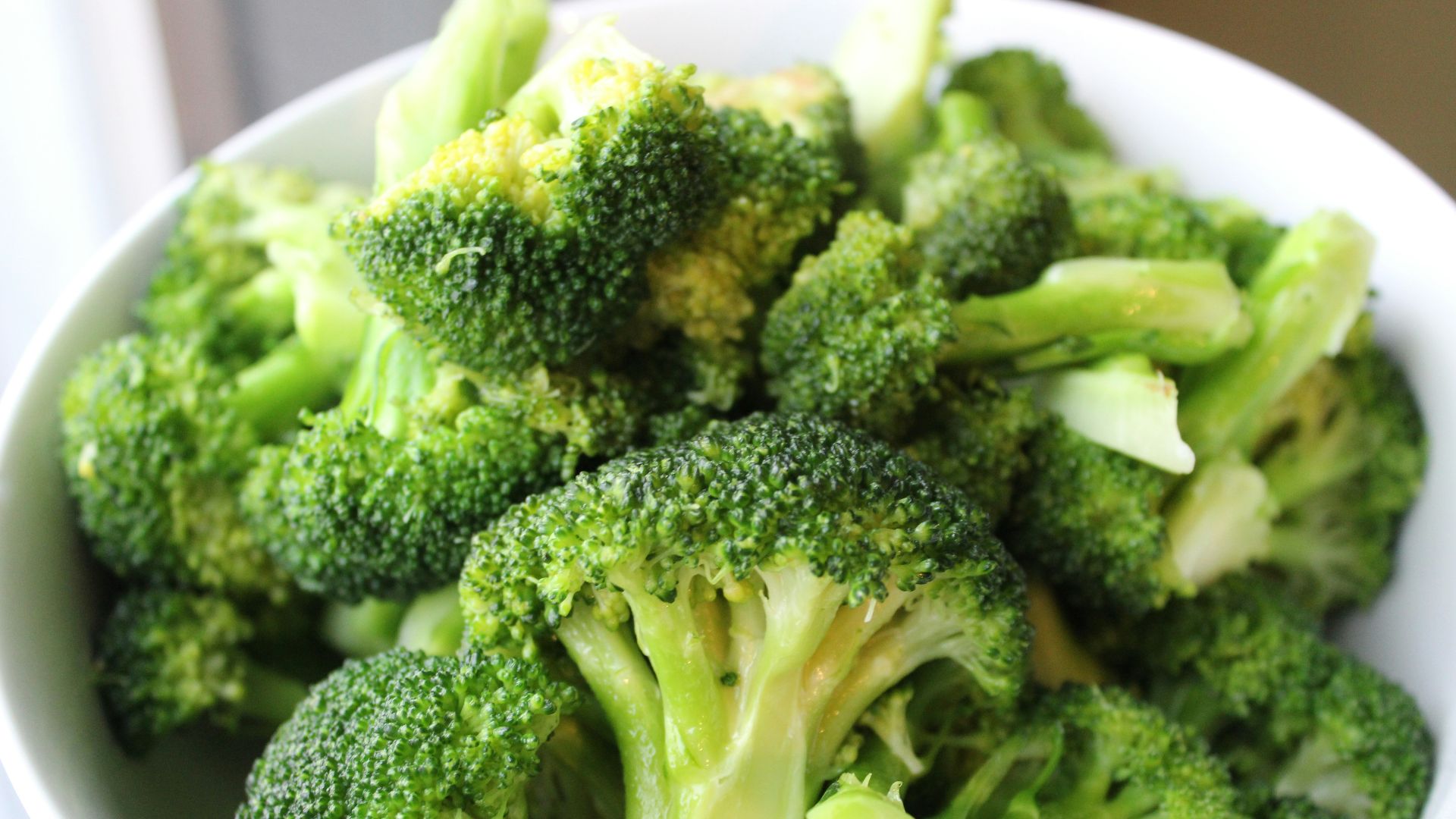 Tyrrell Fitness And Nutrition on Unsplash
Tyrrell Fitness And Nutrition on Unsplash
10. Snacks
Never mind dessert—it's also not smart to reach for salty snacks or treats for or after dinner. Picks like pretzels, popcorn, candies, or chips will only either spike your blood sugar up or lead to bloating issues due to water retention, causing discomfort. A better choice? Veggie sticks or fruits with a healthy dip!
Now that you know what you shouldn't have for dinner, let's jump to what you should eat instead.
1. Salmon
It's recommended by the Dietary Guidelines for Americans to eat at least two to three servings of fish per week, and what better choice to pick than salmon? Loaded with heart-healthy omega-3 fatty acids as well as vitamin D, not only is salmon a great source of protein, helping to reduce inflammation in the body, it can also promote good sleep.
2. Chickpeas
Looking for a healthy plant-based protein to add to your dinner? Go ahead and pile on a generous handful (or two) of chickpeas on your plate. Rich in both fiber and essential minerals, like selenium, iron, and folate, they're nutritious, delicious, and highly versatile, meaning they can be swapped in for meat or be topped on salads.
3. Tempeh
Another plant-based protein you should add to your plate? Tempeh. You might think it similar to tofu, but tempeh offers more protein (double the amount in tofu, in fact), fiber, prebiotics, and minerals like iron and potassium. Tofu, on the other hand, is lower in calories and contains more calcium.
4. Avocado
Smooth, creamy, and delicious—who could ever resist avocado? Loaded with fiber, monounsaturated fat (the good kind), and plenty of essential minerals like potassium and folate, there has never been a better reason to mash some up for guac or slice one up to top your salads.
5. Sweet Potato
If you're stumped on choosing between white and sweet potatoes, you should know that the latter has more antioxidants, vitamin A, and fiber. Purple varieties might help support heart health as well as reduce inflammation, while orange varieties may contribute more to maintaining your eye health.
6. Nuts & Seeds
While you likely wouldn't just eat nuts and seeds for dinner, they make great add-ons for other plates on your menu. Offering protein, fiber, and heart-healthy fats—which help keep you full and your body in working order—they're smart to munch on pre- and post-meal, too. They can even promote a good night's sleep, containing both melatonin and magnesium to help relax the mind.
7. Dairy
If you're only drinking milk in the morning, it's time to change that. Milk, cheese, yogurt, and other dairy products are high in calcium, protein, vitamin A and D, and contain a particular amino acid called tryptophan, which converts into serotonin. That means not only will consuming more dairy boost your mood, it'll also build and maintain strong bones.
8. Tart Cherries
Whether you're planning to cook with cherries or snack on them post-dinner, these tart fruits are not just sweet and nutritious—they're also a natural source of melatonin. This means they'll help set the mood for bedtime when you're ready to hit the hay!
9. Kiwi
Need another fruit to chow on besides cherries? Pick kiwi! Not only are kiwis packed with fiber and vitamin C, they also contain melatonin and serotonin, which make them a great post-meal snack when you're winding down for the night.
10. Quinoa
If you've ever needed a reason to choose quinoa over white rice, here it is: not only is it loaded with fiber, antioxidants, and important minerals (think zinc and folate), quinoa is also a complete protein, meaning it contains all nine essential amino acids your body needs. This is particularly great for repairing your muscles overnight.
KEEP ON READING




